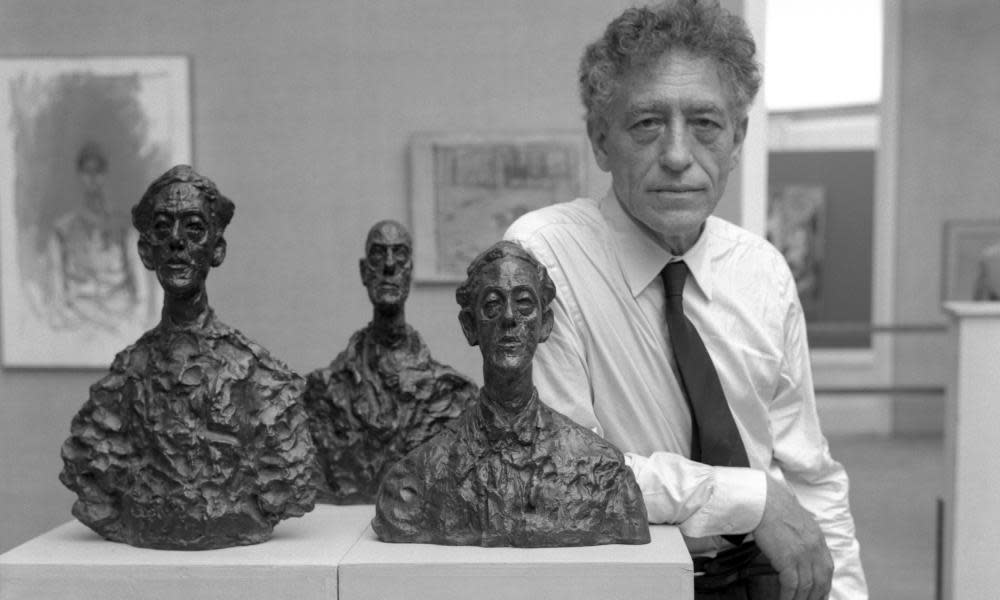In brief: Giacometti in Paris; The Stargazers; The Village Idiot – reviews

Giacometti in Paris
Michael Peppiatt
Bloomsbury, £30, pp384
In the 1960s, the fledgling art historian Michael Peppiatt moved to Paris with a letter of introduction to Alberto Giacometti from Francis Bacon. He was still plucking up the nerve to deliver it when he learned that the Swiss sculptor and painter had died just days earlier. He has been preoccupied by Giacometti ever since, and his new book sets out to understand exactly how the artist’s distinctive talent was shaped by Paris during its artistic heyday. Personal and appealingly painterly, this is an immensely readable biography of the man and the city.
The Stargazers
Harriet Evans
Headline, £16.99, pp416
It’s tempting to view commercial fiction as being inherently safe, yet a boldly sombre atmosphere haunts the latest novel by Harriet Evans, the doyenne of the form. It emanates from Fane, a crumbling country pile once deemed the grandest in Sussex. It belongs to the family of Sarah, a cellist, and the narrative toggles between the lingering impact of her long-ago experiences there as a girl, and the year 2020, when her estranged sister makes a discovery that forces them to reconsider everything they thought they knew about their chaotic, alarming childhood. A pacy tale of music, sacrifice and property’s sometimes sinister hold.
The Village Idiot
Steve Stern
Melville House, £14.99, pp304 (paperback)
The expressionist painter Chaïm Soutine left behind notably few biographical traces. Possessed of a creative drive as strong as his health was frail, he fled Russian shtetl life for Paris as soon as he could. There, he struck up a friendship with the roguish Amedeo Modigliani, whose pranks supposedly included staging a regatta on the Seine, in which his vessel, seemingly borne along by ducks, was towed by Soutine, tramping the riverbed below. Filling factual voids with fantastical fiction, Stern crafts a sumptuous, often seamy picaresque novel from which themes like identity and inspiration bubble up organically.
To order Giacometti in Paris, The Stargazers or The Village Idiot go to guardianbookshop.com. Delivery charges may apply


